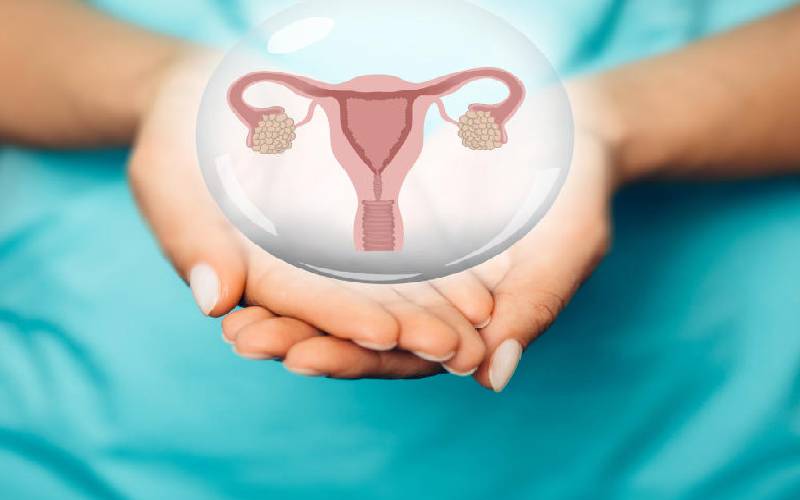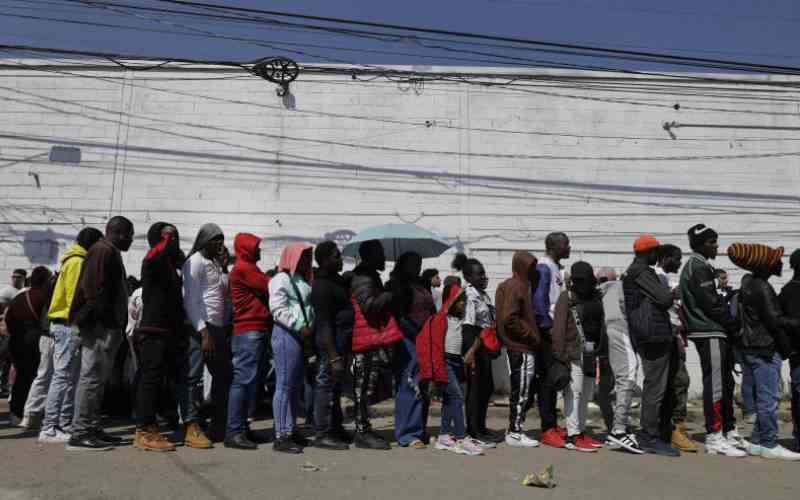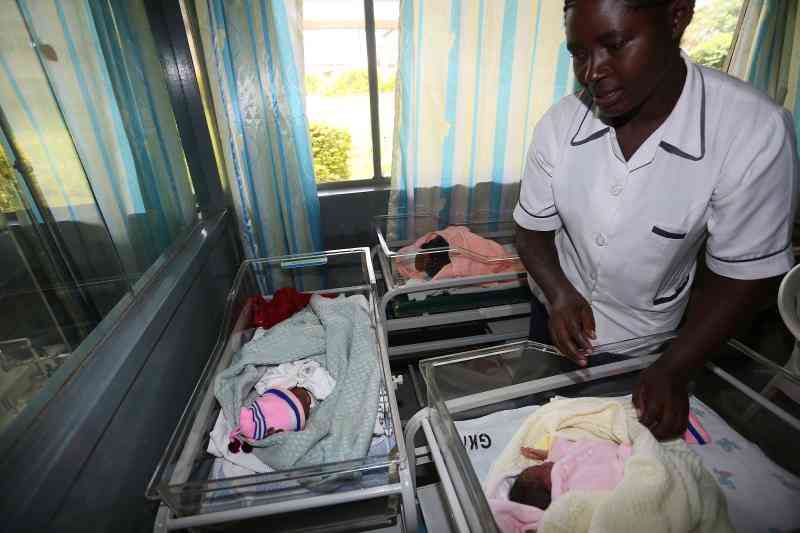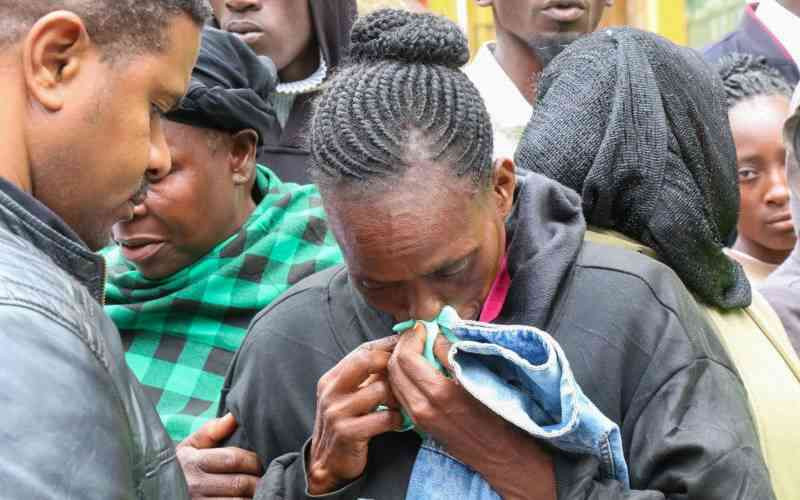
The call came late one evening, as they typically do. This time a young woman from the outskirts of Nairobi spoke quietly about being raped — by a close relative. The crime was committed a few weeks prior and she did not want to report it to the authorities for fear of shaming her family. Now, she was feeling sick and wanted to see a health care provider as discreetly as possible.
With no one to go to for help, she turned to social media, where she learned about a new Covid-19 hotline for people seeking sexual and reproductive healthcare. She was nervous, but she mustered the courage to make the call. On the receiving end, a trained counsellor listened carefully to her needs, identified a nearby provider and connected them. The young woman was able to receive compassionate and care while maintaining her privacy and confidentiality.
Tragically, this story of sexual violence is not unique. Heinous injustices against women and girls, and the devastating outcomes that follow, are on the rise. Worldwide, restrictions designed to limit the movement of people and stop the spread of the virus have inadvertently made violence in homes more frequent and severe. Sexual and gender-based violence is festering in these conditions, prompting the leading UN women’s agency to expose it as the “shadow pandemic.”
Alarmingly, Kenya is following the global trend: A third of all crimes reported since the pandemic began were related to sexual violence. The numbers are likely higher as a large percentage of such cases are never documented. Teen pregnancy too is on the rise. Hundreds of early pregnancies have been reported since schools closed. A recent report warned two out of five teenagers in the country are either young mothers or are pregnant.
Since the Reproductive Health Network of Kenya (0775533117) established its hotline with the support of Planned Parenthood Global, we have witnessed an uptick in calls related to gender-based violence and teen pregnancy. The grim reality is these numbers are likely to grow and contribute to a rise in the country’s maternal morbidity and mortality rates. It will also have far-reaching impacts on the well-being of Kenya’s women and girls, and their ability to lead in the rehabilitation of our economy and society.
Sexual and reproductive health services are essential, life-saving care. This fact does not flex or fluctuate during a crisis. In moments of crisis, such care is more critical than ever. Building back from the carnage wrought by this virus begins with trusting individuals to make the best healthcare decisions for themselves.
Enter self-care. Self-care is defined by the World Health Organisation as the ability of individuals, families and communities to promote health, prevent disease, maintain health, and cope with illness and disability with or without the support of a health worker. While not a novel concept, it has gained urgent momentum as the coronavirus devastates populations across the globe.
With national health systems under strain, evidence-based, high-quality self-care interventions can provide an alternative to facility or health worker-based service provision.
Some self-care interventions include HIV self-testing, emergency oral contraception, self-injectable contraceptives, and pregnancy testing. Self-care digital and mobile health solutions are barrier busters to accessing care under challenging circumstances, especially for young people. In Kenya, where stigma abounds, these interventions help ensure anonymity.
As clients rethink routine visits to healthcare facilities for fear of contracting the virus and providers reimagine how they provide care, remote models such as tele-health and self-administration offer avenues for safely delivering sexual and reproductive care.
To be clear, self-care does not aim to render health facilities redundant. Rather, self-care can only be successful if the entire healthcare ecosystem, from providers to manufacturers to supply chains and the regulatory environment – work harmoniously toward a common goal.
There’s no questioning Covid-19 has forcefully upended our way of life. Experiencing change at this pace and scale is new for all of us, and yet one thing that has not changed is our firm belief that self-care for sexual and reproductive health and rights is not simply an opportunity—it is now a necessity.
Together with the Kenyan government, medical providers, advocates, and private-sector partners, we must jointly strategise and spark solutions to scale self-care and put the delivery of essential and lifesaving products into the hands of women. In doing so, we can pave the way toward a stronger and more resilient Kenyan society.
Stay informed. Subscribe to our newsletter
Ms Munyasia is executive director of Reproductive Health Network of Kenya. Ms Mbehero is a programme officer in the African regional office at Planned Parenthood Global
 The Standard Group Plc is a
multi-media organization with investments in media platforms spanning newspaper
print operations, television, radio broadcasting, digital and online services. The
Standard Group is recognized as a leading multi-media house in Kenya with a key
influence in matters of national and international interest.
The Standard Group Plc is a
multi-media organization with investments in media platforms spanning newspaper
print operations, television, radio broadcasting, digital and online services. The
Standard Group is recognized as a leading multi-media house in Kenya with a key
influence in matters of national and international interest.
 The Standard Group Plc is a
multi-media organization with investments in media platforms spanning newspaper
print operations, television, radio broadcasting, digital and online services. The
Standard Group is recognized as a leading multi-media house in Kenya with a key
influence in matters of national and international interest.
The Standard Group Plc is a
multi-media organization with investments in media platforms spanning newspaper
print operations, television, radio broadcasting, digital and online services. The
Standard Group is recognized as a leading multi-media house in Kenya with a key
influence in matters of national and international interest.








